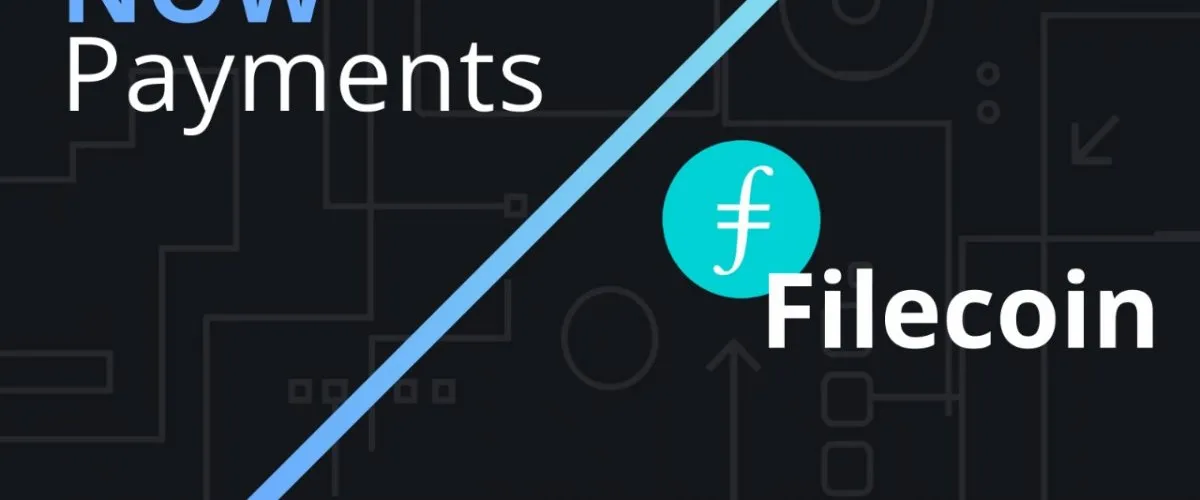Amidst the rapid evolution of cryptocurrency and blockchain technology, understanding innovations like Filecoin becomes crucial. Filecoin is one of the most exciting developments in the last decade, yet it remains underappreciated by many. This post provides a comprehensive overview of Filecoin, shedding light on its functionalities and significance in today’s crypto landscape, particularly for those invested in crypto adoption and blockchain payment solutions.
What Is Filecoin?
Filecoin is a peer-to-peer (P2P) network that offers users reliable file storage options, backed by economic incentives. Users on the network can either pay storage miners to keep their data private and secure or become miners themselves, earning rewards by storing data on behalf of others.
This innovative file-storage system operates on advanced blockchain technology, utilizing a cryptocurrency token known as FIL. This decentralized ledger ensures that payments for file storage and retrieval are managed transparently and securely.
What Is IPFS?
IPFS, or the InterPlanetary File System, is an advanced open-source distributed system that revolutionizes how files, websites, applications, and other data are stored and accessed. IPFS retrieves files based on their content rather than their location, improving accessibility and performance, especially in low-bandwidth environments.
Filecoin leverages IPFS to enhance data security and privacy, establishing a decentralized storage framework that offers significant advantages over traditional centralized systems, like AWS. With IPFS, the risk of outages is minimized, and users benefit from a more resilient network.
Filecoin Blockchain Technology
The functioning of Filecoin relies on its efficient blockchain structure. The process involves four key stages:
- The end-user compensates the storage miner for securely storing files.
- The storage miner commits to file storage using blockchain technology.
- Verification agents monitor the network to ensure proper file storage.
- When users retrieve their files, they pay the miner, who is rewarded accordingly.
This verification mechanism is crucial in maintaining the integrity of the Filecoin network, with FIL serving as the incentive currency within the ecosystem.
How Does Filecoin Operate?
The successful operation of Filecoin depends on three main entities:
- Client:
A user interested in securely storing or retrieving files within the Filecoin network. - Storage Miner:
An individual offering their storage capacity for file storage. - Retrieval Miner:
A provider tasked with fetching files for clients.
Clients first share the files they wish to store on the IPFS network, accompanied by relevant metadata such as size and intended storage duration. After storage miners submit competing rates, agreements are reached, leading to file encryption and storage, with transactions managed by the blockchain for transparency.
Why Filecoin and IPFS Matter
Filecoin represents a decentralized solution for digital storage, distinguishing itself from conventional cloud services. In scenarios like service outages seen with AWS, Filecoin’s distributed nature mitigates risks associated with centralized failures.
The primary aim of Filecoin is to make data storage both affordable and accessible, enabling users to store crucial files on a global scale without the hefty fees associated with traditional services. Since its inception, Filecoin has consistently exceeded expectations, achieving remarkable milestones in its storage capacity.
Filecoin Token Overview
Filecoin (FIL) is a cryptocurrency designed for the digital storage ecosystem. The market value of FIL fluctuates similarly to other cryptocurrencies like Bitcoin and Ethereum. At present, FIL is valued around $30, with a circulation of approximately 44 million coins.
Users can acquire FIL from various cryptocurrency exchanges and utilize it for digital storage transactions. FIL’s value is influenced by demand for storage space and the number of available miners willing to provide their services.
Team & Partners in Filecoin
Filecoin’s success is driven by a dedicated team and strategic partnerships. With over 677 active miners and 90 organizations collaborating within its ecosystem, Filecoin fosters a dynamic community committed to improving data accessibility.
Founded by Juan Benet, Filecoin is a project under Protocol Labs, which has secured over $258 million in funding from multiple investors. The team continually works on developing the platform, with a roadmap focusing on expanding capabilities and enhancing user engagement.
Conclusion
Filecoin is set to redefine data storage through its innovative approach, opening up a market for previously underutilized resources. With a total market cap estimated at $1.34 billion, the growth potential of Filecoin remains substantial.
As businesses increasingly seek to accept cryptocurrency payments, integrating solutions like GOPayments can streamline the process of accepting Bitcoin and other digital assets. The future of Filecoin is bright, and its impact on secure data storage and accessibility promises to reshape digital asset management.
